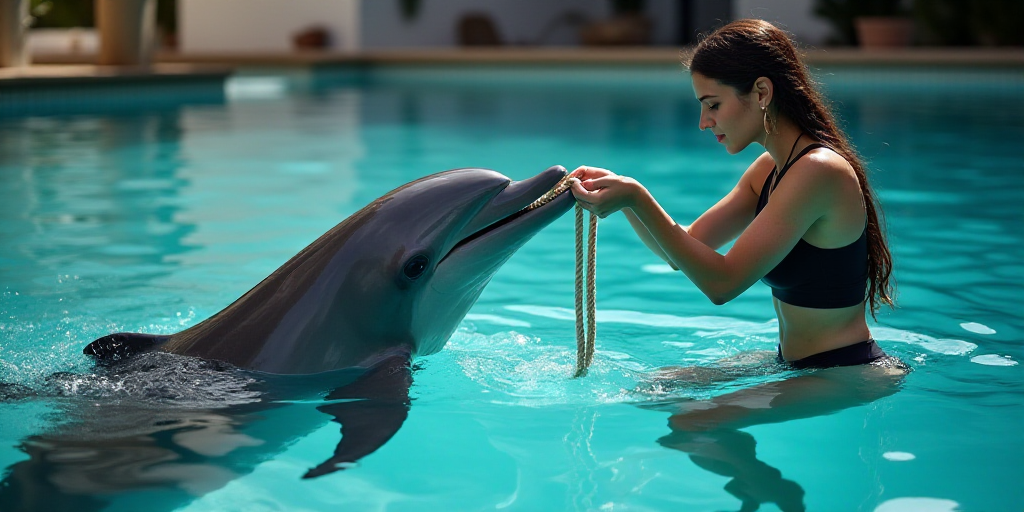Legislative Action and Key Details
The Mexican Chamber of Deputies has approved a reform to the Wildlife General Law that prohibits the use of marine mammals, including dolphins and whales, in any type of show. The unanimous vote took place during an extraordinary session on Thursday morning.
The reform adds and amends articles 47 Bis 4, 60 Bis, 122, and 127 of the Wildlife General Law. These changes focus on prohibiting the exploitation of marine mammals for any purpose, whether subsistence or commercial. The project of decree now moves to the Executive branch for publication.
Key Provisions of the Reform
- No exploitation for profit: Marine mammals cannot be subject to exploitation with the purpose of generating profit.
- Scientific research exception: Exploitation for scientific research aimed at protecting and conserving the species is permitted.
- Reproduction for conservation: Marine mammals can be used for breeding to conserve, recover, reintroduce, or replenish endangered species or populations.
- Rescue and rehabilitation: Marine mammals rescued and handed over to competent authorities without profit-making intentions are covered by this reform.
All scientific research must be conducted or endorsed by a registered academic or research institution with an authorized protocol from the Secretariat of Environment and Natural Resources.
Specific Regulations for Cetaceans
- Marine enclosures: Cetaceans must be kept in marine enclosures rather than concrete structures like pools or tanks.
- Open installations: If marine enclosures are not feasible, cetaceans must be housed in open facilities with continuous water exchange from external sources such as tides or pumping systems.
Legislators’ Statements and Context
During the discussion, Deputy Irais Virginia Reyes de la Torre (MC) acknowledged initial criticisms of ambiguities in the original approval. She emphasized that this revised dictamen is “more solid, clearer, fairer, and consistent with animal welfare.”
Reyes de la Torre highlighted the historical significance of this reform, stating that Mexico now aligns with international best practices regarding marine mammal welfare. She pointed out that for decades, dolphins, orcas, sea lions, and other marine mammals have been used in shows, trained under coercion, isolated from their habitats, and deprived of natural bonds for entertainment or profit.
Deputy Ariana del Rocío Rejón (PRI) cautioned against complacency, emphasizing that this reform is “only a just beginning.” She stressed the importance of ensuring compliance with every detail, deadline, and provision to make this law a reality.
Carlos Alberto Puente Salas (PVEM) mentioned that after a 14-year struggle, this reform marks progress in environmental consciousness. He acknowledged that despite ideological differences, there are shared goals that advance the welfare of living beings.
Puente Salas noted that the Senate enriched the decree sent by the Chamber of Deputies, incorporating severe sanctions to ensure marine mammals are not returned to captivity for entertainment and profit.
Key Questions and Answers
- What does this reform prohibit? The use of marine mammals, including dolphins and whales, in any type of show for profit or entertainment.
- What exceptions are there to this prohibition? Scientific research aimed at protecting and conserving species, breeding for conservation purposes, rescue and rehabilitation by competent authorities, and open marine installations for cetaceans.
- What are the specific regulations for cetaceans? Cetaceans must be kept in marine enclosures or open facilities with continuous water exchange from external sources.
- Why was this reform necessary? To align Mexico with international best practices regarding marine mammal welfare and end decades of exploitation for entertainment and profit.






